
Dialogue Gap: Why Communication Isn’t Enough and What We Can Do About It, Fast (PDF/EPUB Version)
$18.99
For years Peter Nixon worked with people from all walks of life, teaching them the art of negotiation. But it soon became apparent that the issue was not negotiation itself, but dialogue between parties. We have become experts at sending information—via email, text message, Internet, TV, and other forms of media, communicating, but not engaging, in an active dialogue defined by collaborative thinking.
In Dialogue Gap, Nixon explores this growing disconnect and its significance in an increasingly globalized world where the ability to engage with others—in order to address issues like climate change, cultural differences, etc.—has become essential.
- Helps the reader differentiate communication and dialogue
- Explores the make-up and causes of the “Dialogue Gap” and what constitutes “good” dialogue (the right people talking about the right issues in the right way at the right time and in the right place)
- Identifies the most common reasons people don’t dialogue effectively and provides helpful tips on how to engage in more effective, productive dialogues
Effective dialogue is essential for general success, ensuring that all key stakeholders—in business, politics, or elsewhere—get what they want in the most efficient and productive way possible. Looking at successful and failed dialogues the author has experienced first-hand in Asia, Europe, North America, the Caribbean, and the Middle East in both the public and private sector from across industries, Dialogue Gap provides essential information for making the most of your interactions with others.
eBook features:
- Highlight, take notes, and search in the book

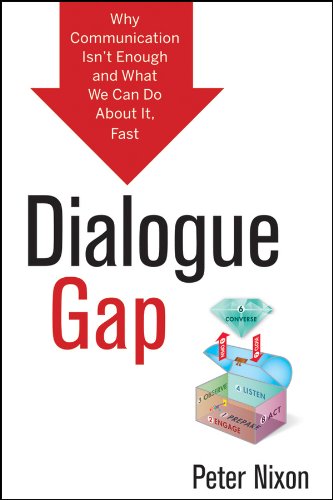
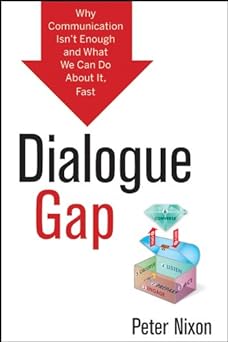
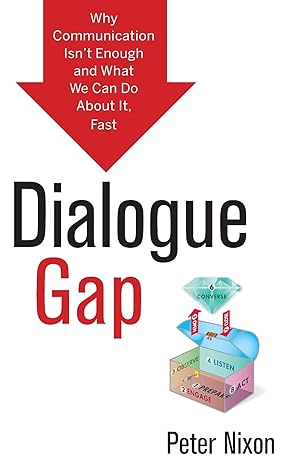


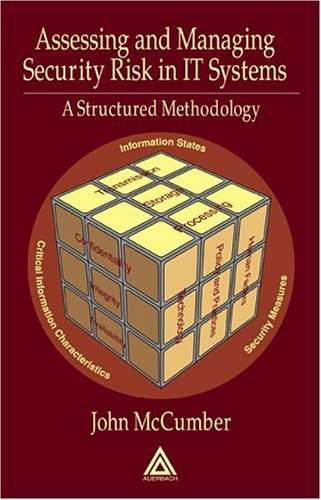
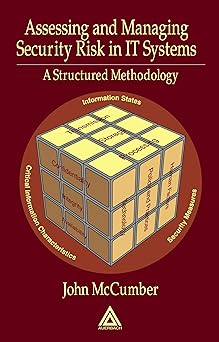
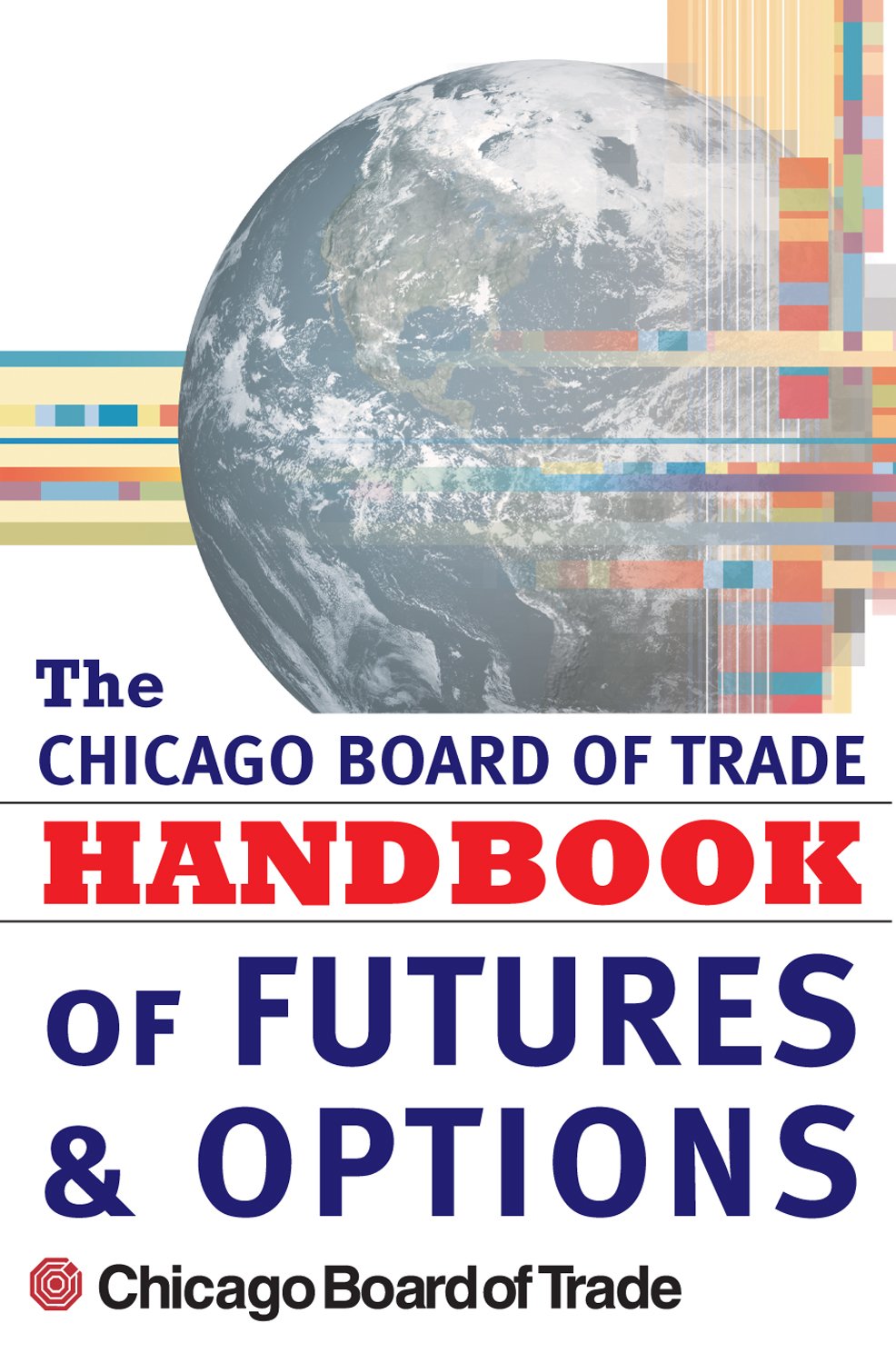
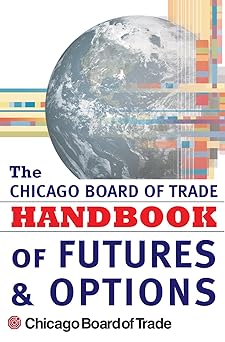
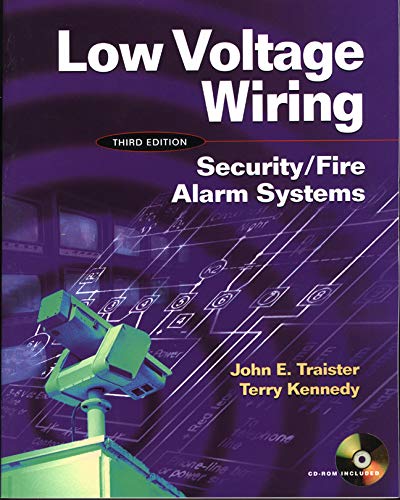

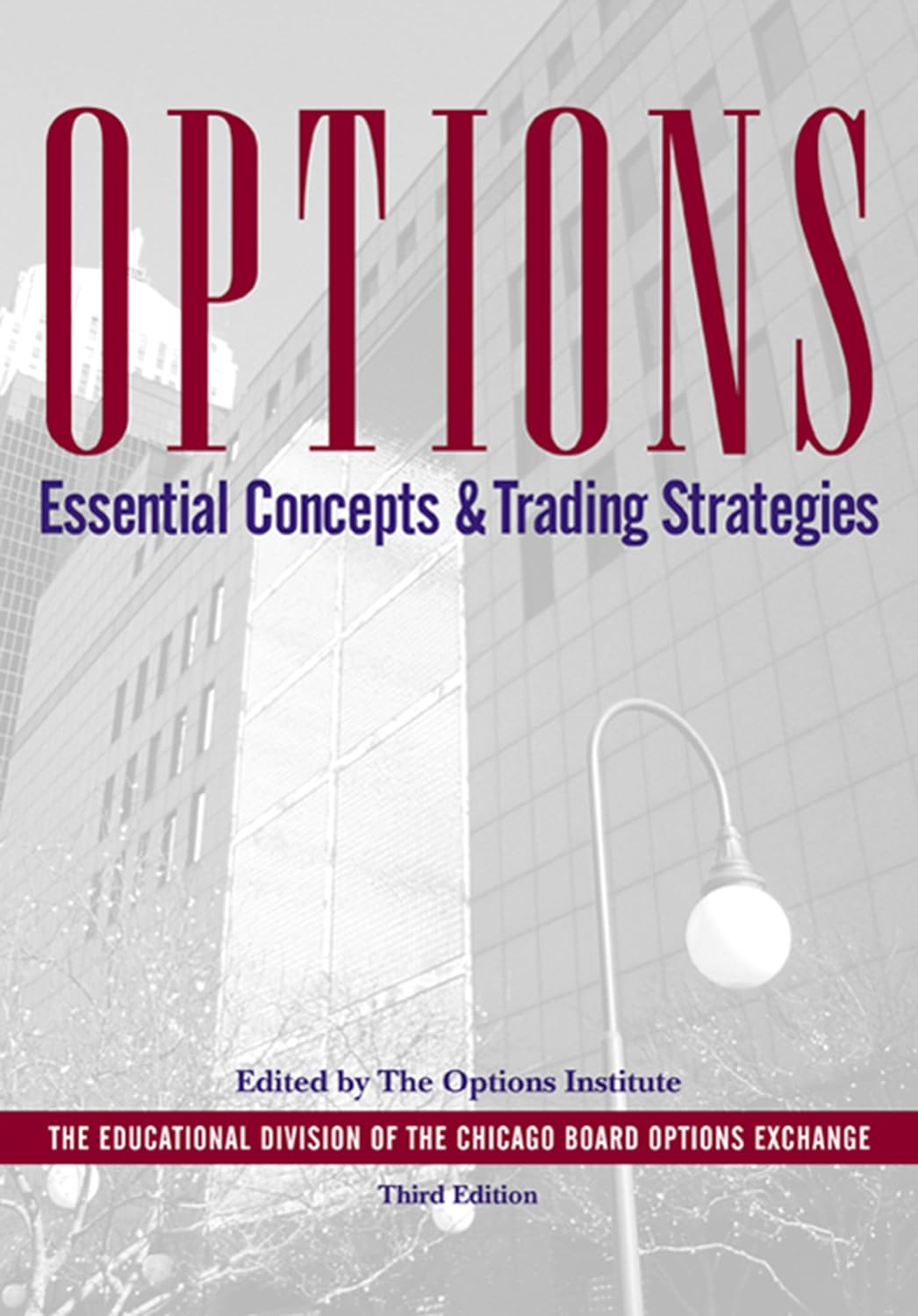
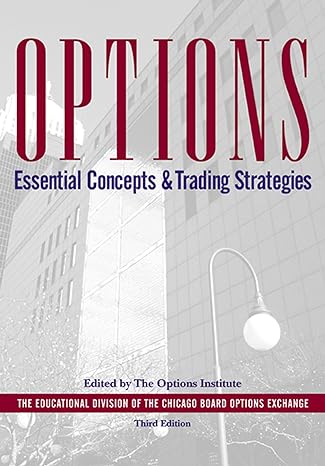
_how_to_design_and_deliver_successful_business_presentations_anif5kxtbo.jpg)
_how_to_design_and_deliver_successful_business_presentations_lvclkx62zf.jpg)
_(certification_press)_pfpwp1gw32.jpg)
_(certification_press)_p7lctr3fbt.jpg)



